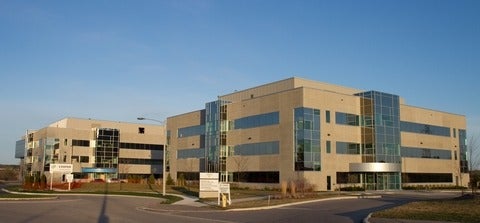Quantum Computing with Neutral Atoms Part 2
Mark Saffman University of Wisconsin, Madison
Neutral atom qubits are one of the most promising approaches for implementing quantum information processing. All of the DiVincenzo criteria have been fulfilled, and multi-qubit experiments demonstrating scalability are being actively pursued by several research groups.
